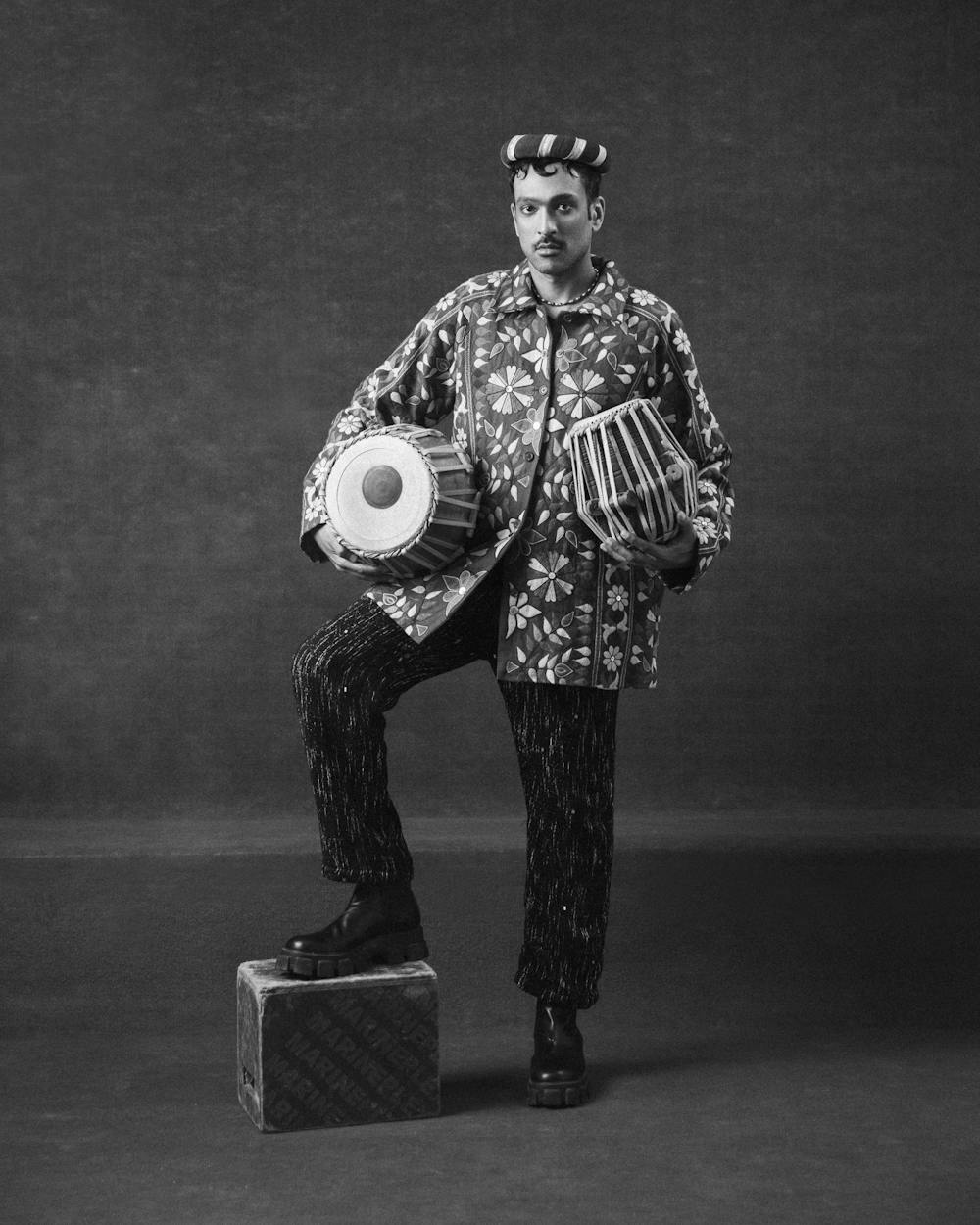This fall, Pakistani singer-songwriter Ali Sethi joined the Saxena Center for Contemporary South Asia as its inaugural artist in residence, the center announced in a September Instagram post.
Sethi, whose single “Pasoori” with fellow singer Shae Gill became the most-streamed song on Spotify in Pakistan last year, performed at the Saxena Center’s inauguration last September. As the artist in residence, he will run a three-part study group on ragas — the melodic systems of classical music from India, Pakistan and Bangladesh.
As artist-in-residence, Sethi looks forward to “setting up a very unorthodox classroom in which we imbibe by sharing with each other,” he wrote to The Herald. “That and using the cafeteria!” he added.
According to Saxena Center Director Ashutosh Varshney, the new position reflects the center’s shift from its original “heavily social-science based” focus to one that will “include the humanities more fully.”
Varshney wrote in an email to The Herald that Sethi was chosen because of his “hugely popular concert” and talk delivered at the University last year.
“The (Center’s) Steering Committee thought he would be an excellent artist to conduct a study group, where students could interact with him,” he wrote.
Sethi describes his artistic style as “rooted in tradition but looking towards the future.”
“It’s what we call ‘Nataak’ in masala flick lingo,” he added.
His music earned critical acclaim, with “Pasoori” being described as “stealthily subversive” by the New Yorker and his latest album “Paniya” labeled by Popula as securing “Sethi’s place as the modern-day maestro of ghazal.”
Ghazal — an Arabic and South Asian poetry form dealing with themes like longing and love — inspires some of his own music, he told the audience at his 2022 performance at the University.
Sethi recalled his own musical training, writing that he hopes to replicate the type of mentorship he received by interacting with students.
“I really hope that I can impart the kind of pleasure through this course that I experienced in studying music in a traditional apprenticeship,” he wrote. “I hope that I can help the students find their inner voice.”

Neil Mehta was the editor-in-chief and president of the Brown Daily Herald's 134th editorial board. They study public health and statistics at Brown. Outside the office, you can find Neil baking and playing Tetris.





